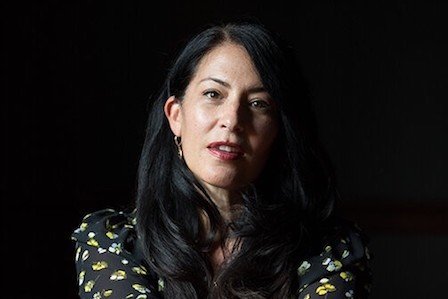The Contract Says: We'd Like the Conversation to Be Bilingual by Ada Limón (Grade 7-9)
Ada Limón’s poem The Contract Says: We’d Like the Conversation to be Bilingual captures the uniquely visceral, yet restrained flavour of anger which racial microaggressions in polite conversation produce. A description of how people have spoken to Limón about her father, who is Mexican, this poem outlines how biases against immigrants influence the stories that are told, which in turn, influences the biases against immigrants. Cultural curiosity is one thing, expecting all people of a particular race to have the same “exotic” experiences with their culture is another. Speaking out against the stereotype of the “scrappy” and “criminal'' Mexican person, Limón asks the reader to consider if the questions they ask people from different backgrounds have a specific biassed answer in mind, and to listen to peoples’ hardships, even if these experiences directly implicate oneself as a part of the problem.

